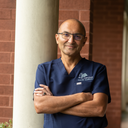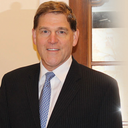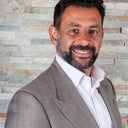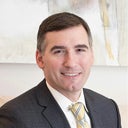Posted underLower Facelift q&a
christine6097Jun 12, 2016
Answers (4)
From board-certified doctors and trusted medical professionals
Dr. Tanveer Janjua, MD

TM
Dr. Tanveer Janjua, MD
Board Certified Facial Plastic Surgeon
Answer
Dr. Houtan Chaboki, MD

HM
Dr. Houtan Chaboki, MD
Board Certified Facial Plastic Surgeon
Answer
Dr. Keith Denkler, MD
KM
Dr. Keith Denkler, MD
Board Certified Plastic Surgeon
Answer
Dr. Jacob D. Steiger, MD
JM
Dr. Jacob D. Steiger, MD
Board Certified Facial Plastic Surgeon
Answer
More Lower Facelift Questions
See all Lower Facelift Q&A
WE SEND PRETTY
EMAILS
What’s trending? Who’s turning heads? Which TikTok myths need busting? We’ve got you. No fluff, no gatekeeping—just real talk. Get our free, unfiltered newsletter.




